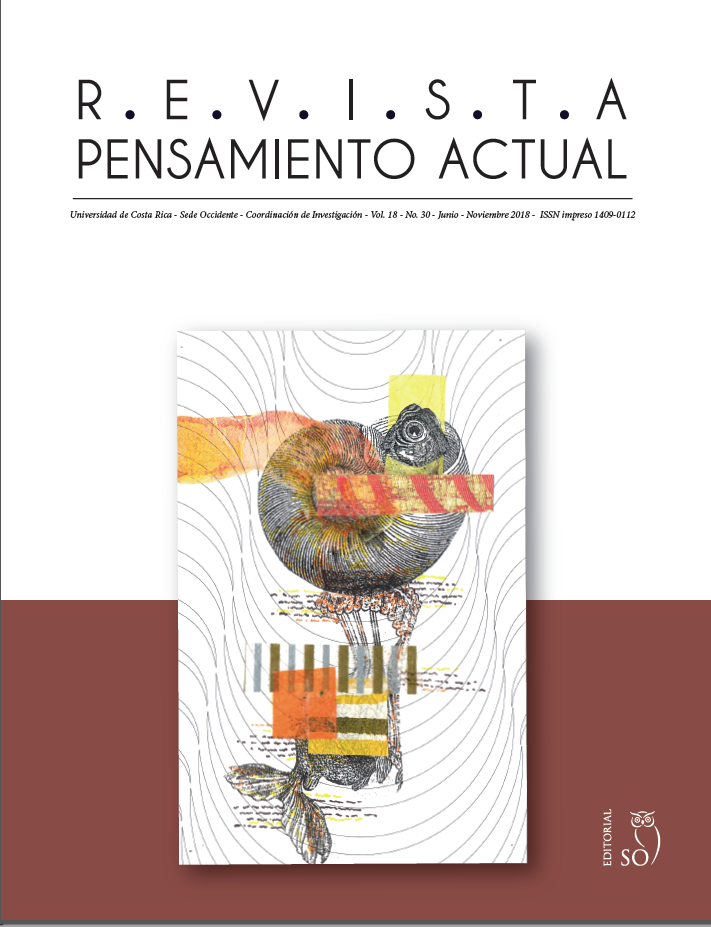Abstract
This article arises from an investigation whose main objective was to assess the effect of a physical activity program of 18 weeks on aerobic capacity, strength and body composition in sedentary older adults, taking in account that physical activity is fundamental for the development and maintenance of functional physical fitness in older adults. Excessive sedentary behavior can accelerate the early development of noncommunicable diseases and mortality in this population. Twenty-two elderly people participated in this research sedentary (age: 69 ± 6.05, BMI: 28.69 ± 4.75), who were selected to participate in a physical activity program at the University of Costa Rica. The program included aerobic activities such as walking, strength and flexibility. The subjects performed sessions of 1 hour 4 times per week on the campus of the university. Tests extracted from the Senior Fitness Test were included: body mass index (BMI), aerobic endurance (6MW), getting up and sitting on the chair in 30 seconds, bending in 30 seconds, flexibility in chair, waist circumference, in addition, body fat and lean mass were evaluated using a internal impedance scanner, Tanita Ironman BC558. The results showed statistically significant changes in the aerobic capacity (6MW) (595 ± 87.67 - 644 ± 90.75, t (2,538), p = .019), get up and sit on the chair in 30 seconds (22.18) ± 6.46 - 24.14 ± 5.90, t (2.262), p = .034) and arm flexion test in 30 seconds (21.27 ± 5.7 - 23.95 ± 4.51, t (4.173), p = .001). There were no significant changes in BMI, flexibility, body fat, lean mass and abdominal circumference (p≤0.05). The conclusion is that sedentary seniors who participate in long-term physical activity programs term can improve the functional physical capacity and therefore, their quality of life.

